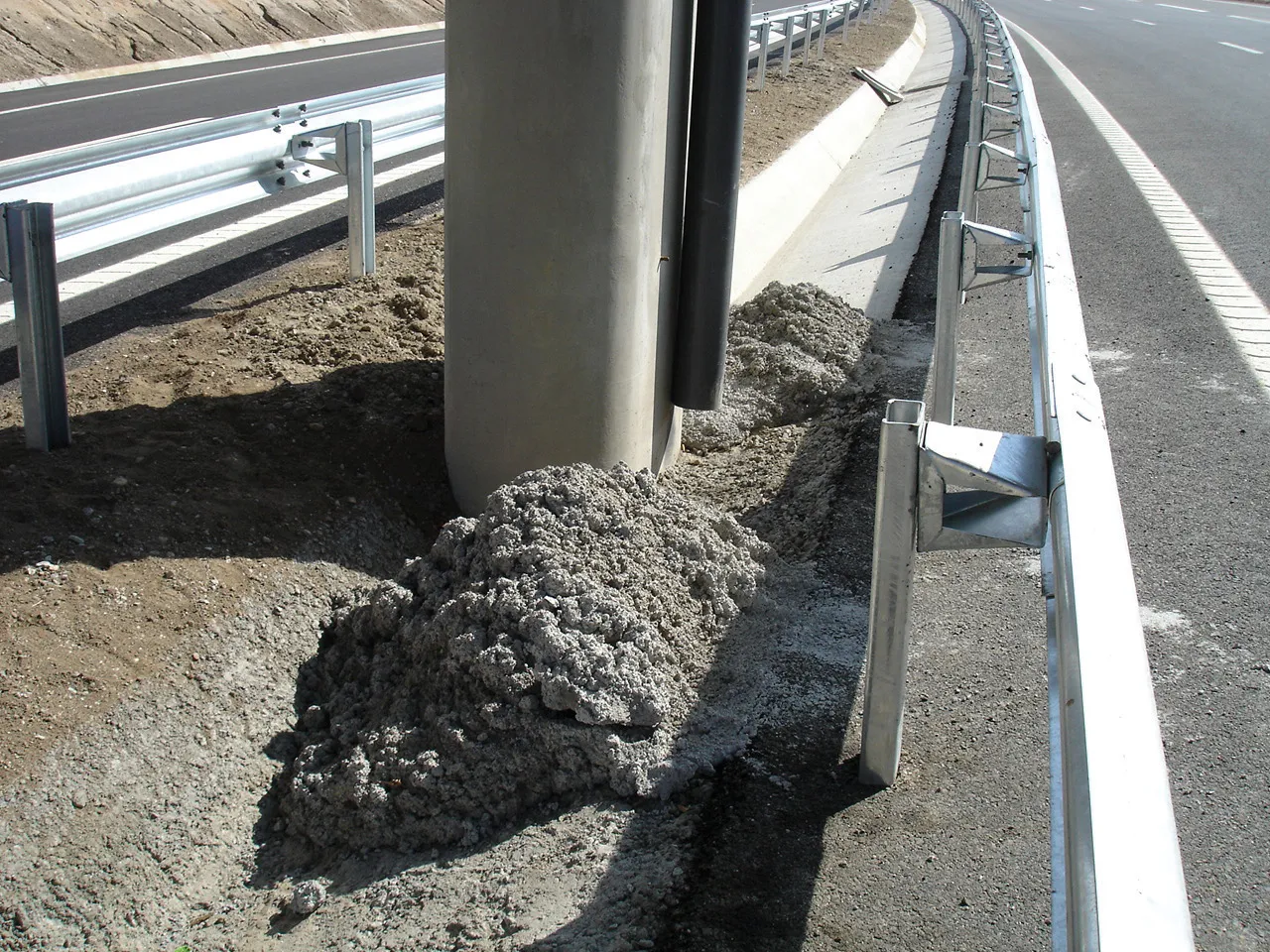In-car connection technology now allows drivers to order food while behind the wheel. The systems mean that drivers can track their orders while the fast-food providers can monitor vehicle location. This means that orders can be ready as soon as a driver arrives, ensuring that food is freshly cooked and still warm. It should also allow drivers to ensure the orders are correct. An interactive voice control system is used to place the order, so that the driver’s hands remain on the vehicle controls. The techn
May 20, 2015
Read time: 2 mins
In-car connection technology now allows drivers to order food while behind the wheel. The systems mean that drivers can track their orders while the fast-food providers can monitor vehicle location. This means that orders can be ready as soon as a driver arrives, ensuring that food is freshly cooked and still warm. It should also allow drivers to ensure the orders are correct. An interactive voice control system is used to place the order, so that the driver’s hands remain on the vehicle controls. The technology could also be used to make other purchases or pay bills. But there is concern that the additional thought processes needed could hinder mental capabilities required for the process of driving, lowering safety. There is also some concern that it could further encourage drivers with a sedentary lifestyle to be even more reluctant to leave the comfort of the driving seat. Testing is commencing so as to evaluate the “connected car consumer payment experience”.









